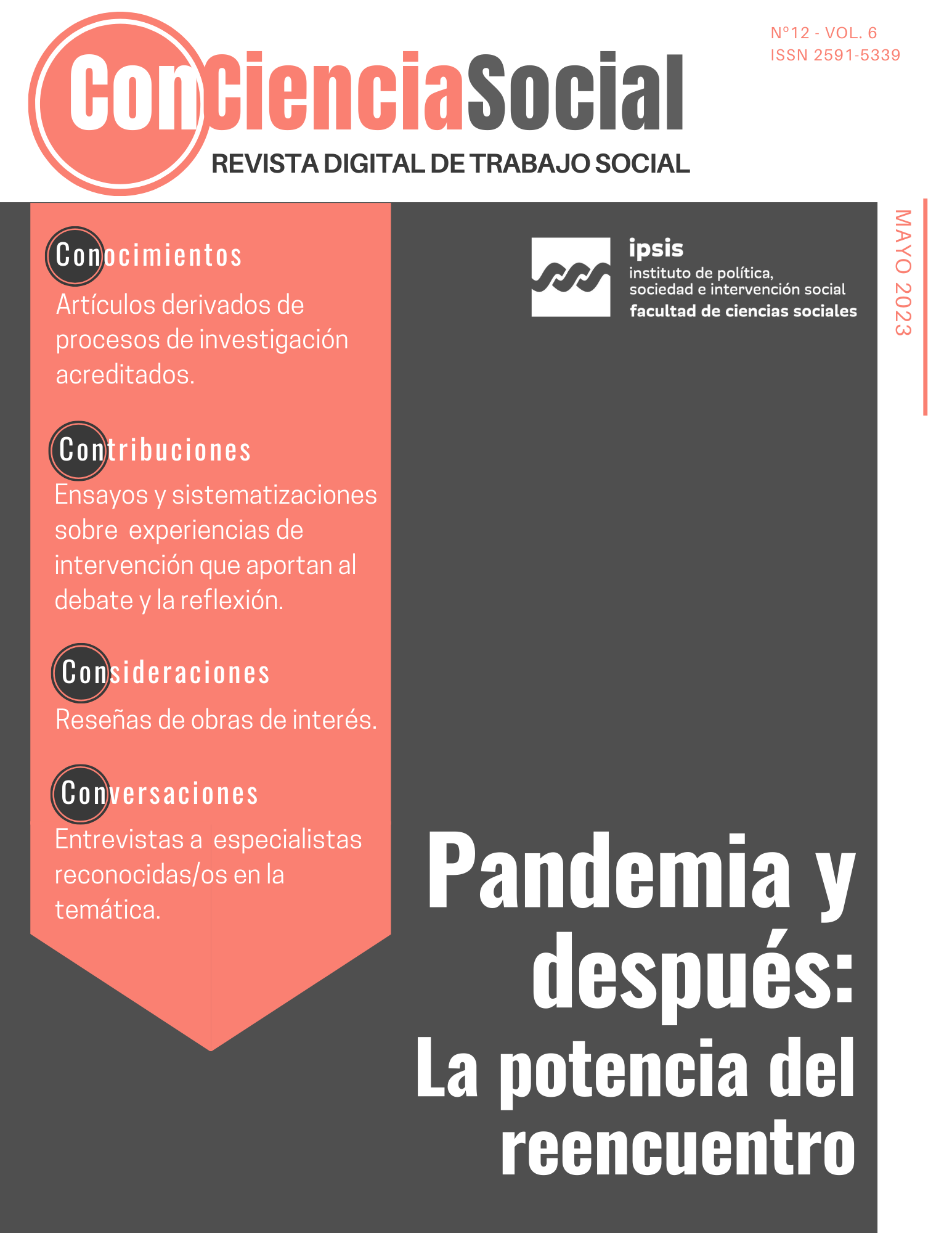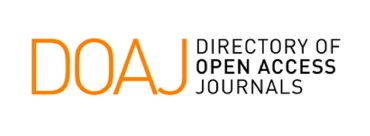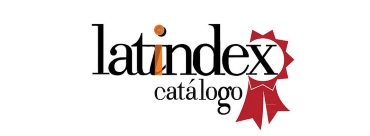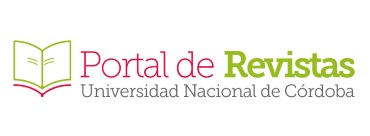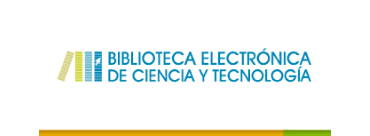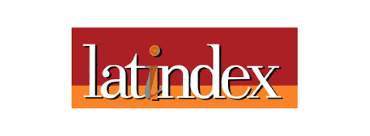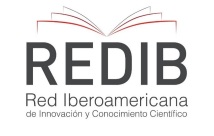Editorial
Keywords:
editorial, numero12, pandemia y despues, trabajo social unc, conciencia social 12Abstract
The present issue invites us to think, it emerges from a complex moment, for many desolate, for all unequal; it emerges from the destructuring that the pandemic implied in the daily lives, in the institutional lives, in the reproduction of life as a whole.
Many years ago, traversed by the evolution of the pandemic, by the restrictions and limitations, we wondered about the future, about the possible reconfigurations, about what would remain after all, after so much. Today we give ourselves the opportunity to retrace our steps, to recover ourselves and, in this process, to give an account of what is possible, of the plots that we were able to sustain, mediated by technologies, by fleeting encounters, the networks that were woven - even and in spite of everything - in the territories we inhabit.
We met again, we recovered the daily life, the walk in the neighborhoods, in the institutions, the face to face dialogue, the embrace and also the streets and their struggles. We met again in a complex scenario, we witnessed the deepening of inequalities in a convulsed geopolitical context and a Latin America shaken by unthinkable advances and setbacks. And here we are, on the move...
This issue brings together productions that show what we have been able to build in the different scenarios we have gone through: protests that take shape in textile art, in the voices and concrete actions of Latin American women, united in the need to transform what is imposed, as a condition of inferiority, in the weaving of a mechanism of protest and social transformation with a sense of communality. Threads that were embroidered and woven in pandemics and found in the power of reunion their expansion, re-signifying other possible worlds.
We also revisited the territories where the organizations involved in care have been able to give an account of community ties, of daily care, putting these discussions on the agenda and, with them, the possibility of discussing with the State the necessary policies for the sectors crossed by inequalities in times of isolation.
And we gave ourselves the possibility of looking at ourselves as a profession that had to re-signify itself, dusting off the dust of routine practices, in the need to respond to the new emergencies. And we looked at ourselves again, we rediscovered our creative potential of other interventions, we vindicated our work and, from this uncomfortable place, we also re-signified our struggles and disputes within the institutions we work in.
This reality that challenges us also offers us the possibility of interweaving ourselves, of discussing what has crossed and crosses us, both in the academy and in the territories, in the neighborhood, in the spaces we inhabit. The challenge lies in sustaining what is emerging, what was born in the pandemic and enabled us to rediscover the power of walking with others, of building with others, finding new ways to continue disputing and claiming for a sovereign, fair and egalitarian Latin America; because the transformative potential of the commons, which undermines the very roots of liberal capitalist rationality, is what has allowed us to put the body to the restrictions of the pandemic and enables this reunion to become, perhaps, the seed of other possible worlds.
Downloads
References
-
Downloads
Published
Issue
Section
License
Copyright (c) 2023 Sofía Rizzo

This work is licensed under a Creative Commons Attribution-ShareAlike 4.0 International License.
Aquellos autores/as que tengan publicaciones con esta revista, aceptan los términos siguientes:Los autores/as conservarán sus derechos de autor y garantizarán a la revista el derecho de primera publicación de su obra, el cuál estará simultáneamente sujeto a la Licencia de reconocimiento de Creative Commons que permite a terceros:
Compartir — copiar y redistribuir el material en cualquier medio o formato
Adaptar — remezclar, transformar y construir a partir del material para cualquier propósito, incluso comercialmente.
La licenciante no puede revocar estas libertades en tanto usted siga los términos de la licencia.Los autores/as podrán adoptar otros acuerdos de licencia no exclusiva de distribución de la versión de la obra publicada (p. ej.: depositarla en un archivo telemático institucional o publicarla en un volumen monográfico) siempre que se indique la publicación inicial en esta revista.
- Se permite y recomienda a los autores/as difundir su obra a través de Internet (p. ej.: en archivos telemáticos institucionales o en su página web) después del proceso de publicación, lo cual puede producir intercambios interesantes y aumentar las citas de la obra publicada. (Véase El efecto del acceso abierto).
Los derechos de explotación comercial (Copyrigth) quedan reservados para los autores.

